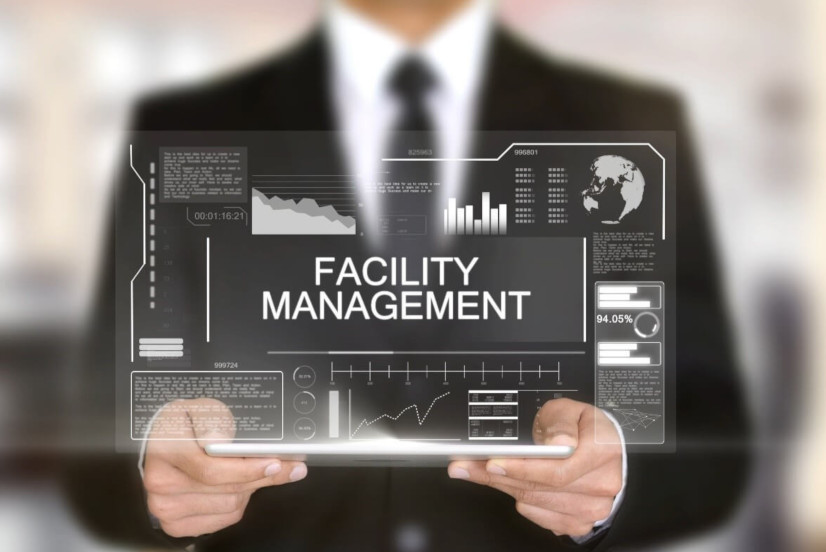In today’s fast-paced world, the physical environment of any establishment plays a crucial role in its overall functioning. Whether it’s a retail store, office space, or restaurant, the way these spaces are designed and managed has a direct impact on their success. As the models for managing physical assets continue to evolve, so does the demand for facility management. Over the years, facility management has undergone a significant transformation, bringing about changes in the way businesses operate.
With the rise of IoT (Internet of Things) and automation, the real estate landscape and IT infrastructure have experienced a remarkable evolution. This has led to improved employee engagement, a greater focus on health and wellness, and a commitment to environmental sustainability. As a result, businesses are investing more in the management of their facilities to save costs, boost employee morale, and increase productivity.
According to a report by Global Market Insights, the facility management market is projected to reach a staggering $2 trillion by 2027. The COVID-19 pandemic and the widespread adoption of remote work and outsourcing have contributed to this growth. As organizations strive to keep track of their assets and enhance productivity, the facility management industry is set to witness positive growth.
Let’s take a look at some trends that are shaping the future of facility management:
- Embracing Automated Monitoring Infrastructure
In the coming years, we can expect a significant growth in cloud-based facility management solutions. This is particularly true for sectors such as healthcare and corporate, where integration of these solutions is on the rise. For example, Hallmark Health Care Solutions recently obtained the Service Organization Control Type II audit certificate, ensuring data protection controls across the healthcare industry. The company has also become a Microsoft Gold Partner in multiple competencies.
Cloud-based facility management systems offer numerous advantages, including remote accessibility, data security, and improved managerial efficiency. These solutions require no installation, saving on IT handling charges and making them a cost-effective alternative to traditional on-premise systems.
- Global Outsourcing Trends
The past two years have witnessed a significant increase in outsourced facilities, driven by the global pandemic and the growing trend of remote work. Outsourcing facility management can bring substantial benefits to businesses, such as cost savings, increased efficiency and flexibility, and better access to resources and skills. It also allows companies to focus on their core business while reducing the need for internal infrastructure and cash investments.
In January 2022, the FDA (Food and Drug Administration) announced its intention to engage with facility apothecaries, staff, and administration through interviews, surveys, and focus groups. The aim is to gather information and identify any gaps or challenges in the outsourcing industry. This analysis will help shape the FDA’s future strategies in communication, education, training, and engagement with the outsourcing industry as a whole.
As we look ahead, the future of facility management appears promising. With advancements in technology and a growing focus on efficiency and sustainability, businesses are recognizing the importance of well-managed facilities. By embracing the latest trends and investing in the right solutions, organizations can enhance their operations, reduce costs, and create a productive and engaging work environment for their employees.










